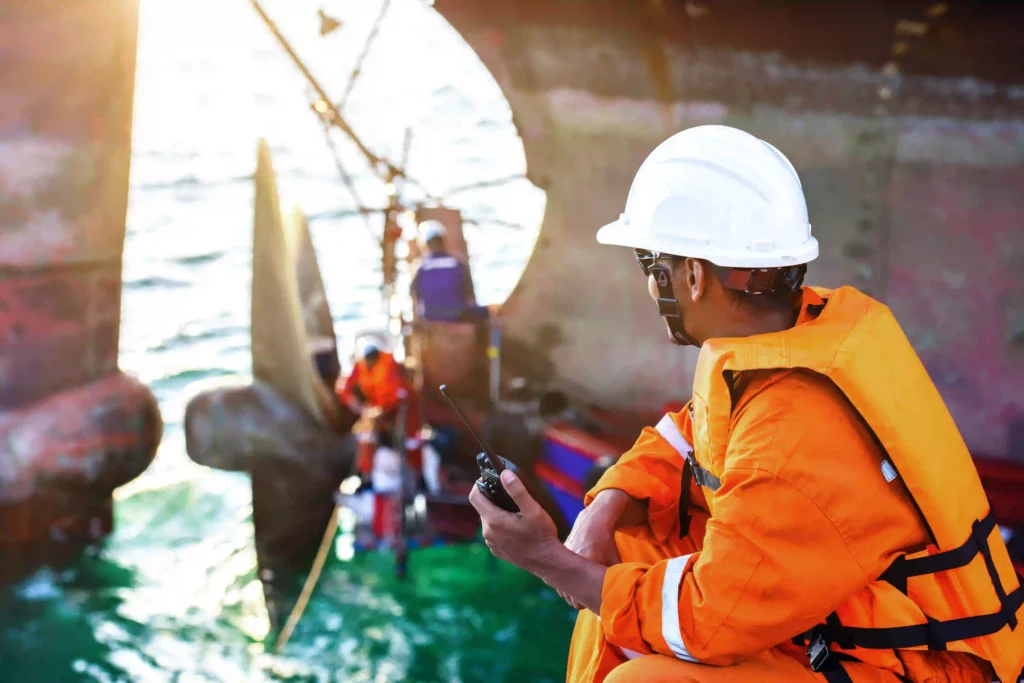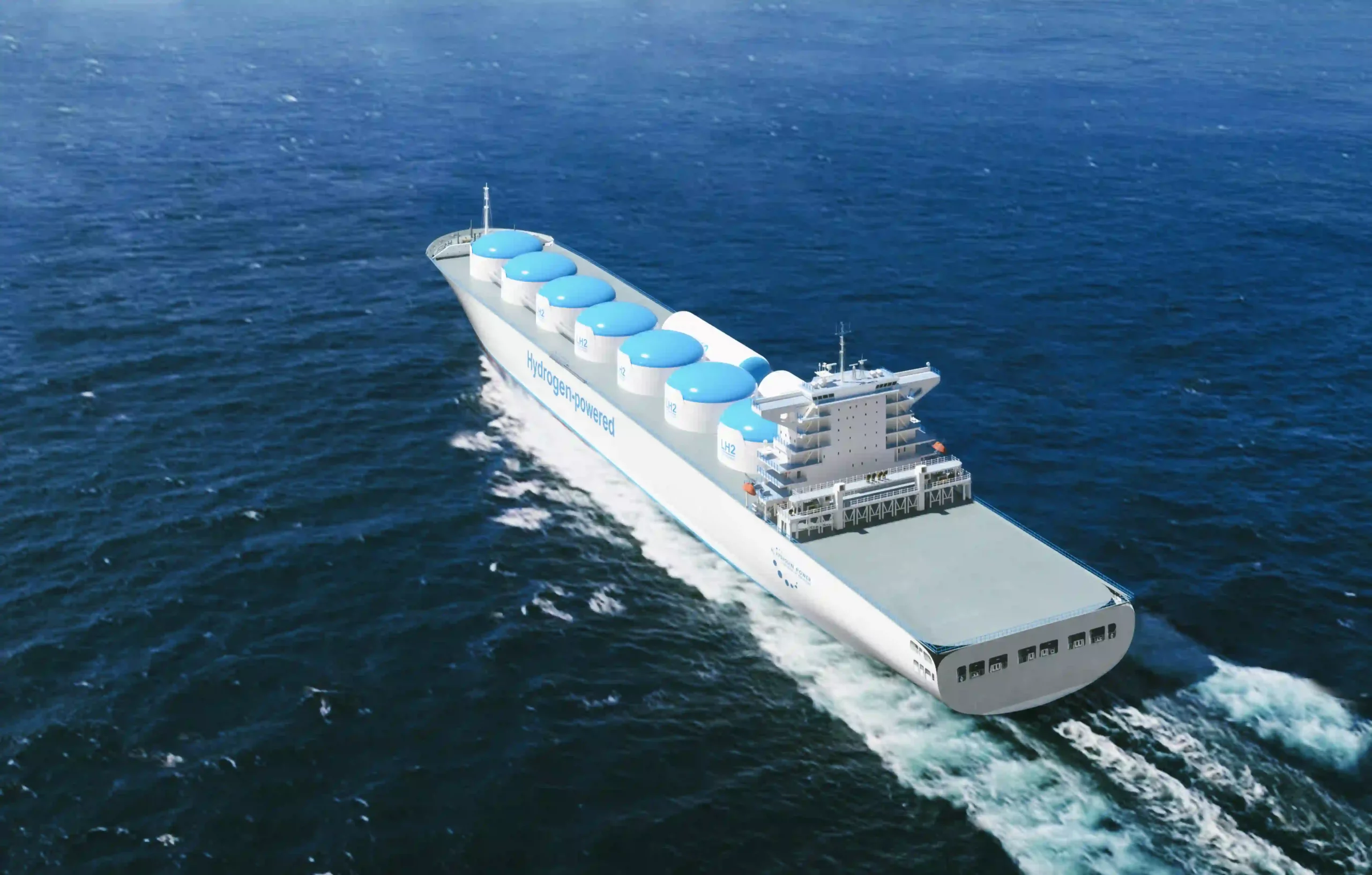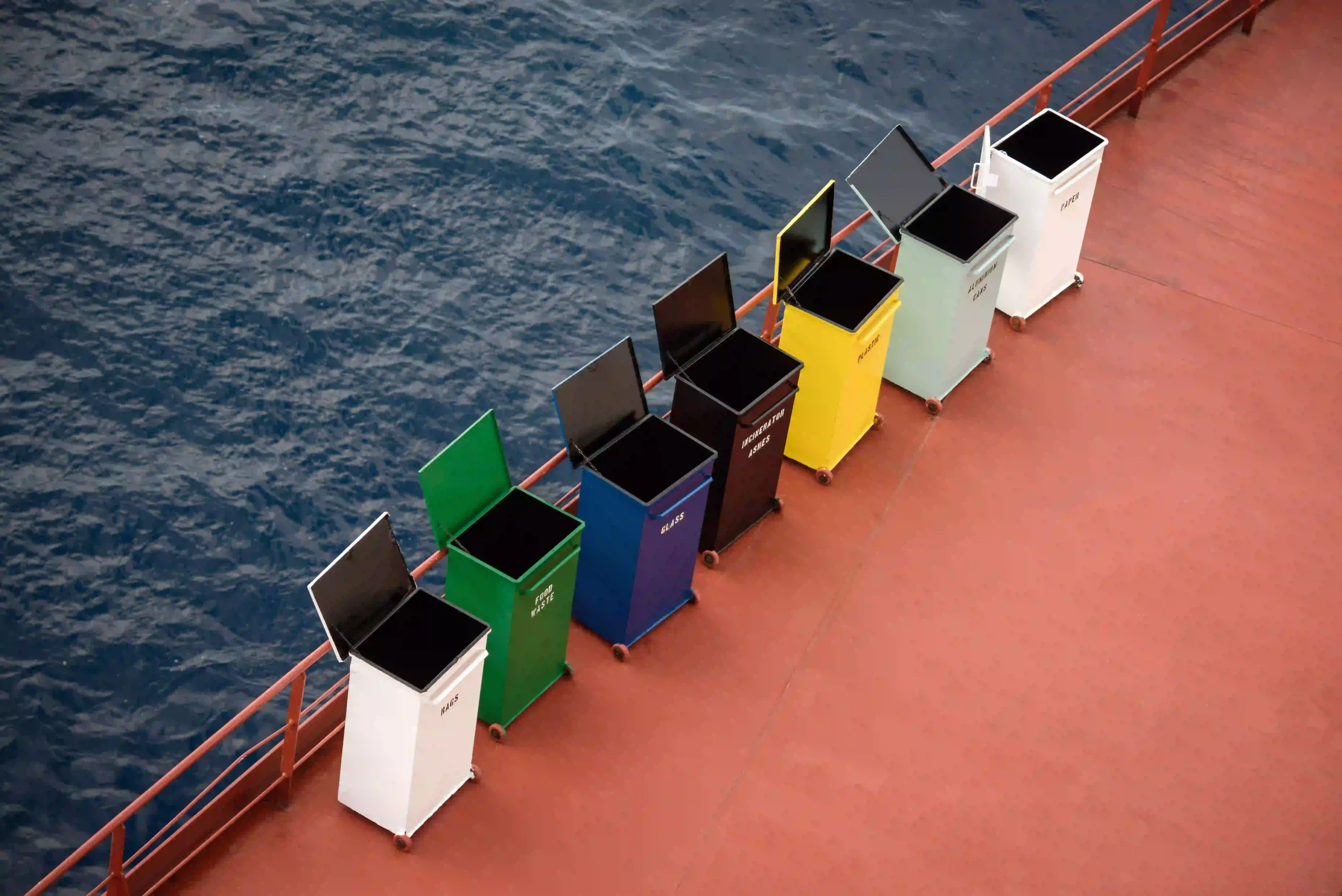The maritime industry relies heavily on the efficient and safe operation of vessels, whether they are massive cargo or tanker ships, luxurious cruise liners, or agile fishing boats. To ensure these vessels perform optimally, vessel maintenance plays an essential role. This article explores the world of vessel maintenance, shedding light on what it is, why it is essential, the philosophies governing it, the types of maintenance involved, and offers valuable advice for those tasked with this responsibility.
What is Vessel Maintenance?
Vessel maintenance refers to all the activities, procedures, and practices aimed at preserving and enhancing the performance, safety, and longevity of marine vessels. It’s a comprehensive approach that covers everything from routine inspections to major overhauls, ensuring that the vessel remains seaworthy and complies with regulatory standards. This includes ship maintenance and maintaining various machinery and equipment onboard.
Why is Vessel Maintenance Important?
The importance of vessel maintenance cannot be overstated. First and foremost, it is a matter of safety. Vessel maintenance ensures the safety of the vessel, its crew, passengers and cargo. Regular inspections and upkeep prevent accidents and mitigate risks at sea, minimizing the potential for undesirable events. Furthermore, vessel maintenance is vital for operational efficiency. A well-maintained vessel operates efficiently, reducing fuel consumption and minimizing downtime due to breakdowns. This efficiency not only saves costs but also enhances the vessel’s reliability and reputation. This maintenance system helps in preventing unplanned failures.
In addition to safety and efficiency, vessel maintenance is often a legal requirement. Non-compliance can lead to severe penalties, including fines and vessel detentions. Maintaining vessels to meet or exceed regulatory standards is, therefore, necessary. Lastly, vessel maintenance preserves the value of assets. Vessels are substantial investments, and proper maintenance ensures their long-term value and extends their operational life, securing the owner’s investment through its entire life cycle.
Philosophies of Vessel Maintenance
Several philosophies underpin the practice of vessel maintenance, with each approach tailored to the vessel’s type, usage and operational requirements:
Preventive Maintenance
This approach involves scheduled inspections and maintenance tasks designed to prevent potential issues before they become critical. Routine checks, lubrication and replacement of worn parts fall under this philosophy.
Predictive Maintenance
Utilizing data and advanced technologies, predictive maintenance aims to forecast when maintenance is needed. Predictive analytics, condition monitoring and sensor-based systems help identify potential failures and optimize maintenance schedules.
Corrective Maintenance
Corrective maintenance, often referred to as “breakdown maintenance,” involves repairing a vessel only when a component or system has failed. While it’s the least preferred approach, it is sometimes necessary for immediate repairs.
Condition-Based Maintenance
This philosophy relies on real-time monitoring of a vessel’s condition using various sensors and data collection systems. When certain parameters deviate from the norm, maintenance is scheduled. This approach maximizes uptime and minimizes unnecessary work, ensuring the maintenance system is always effective.
Types of Vessel Maintenance
Vessel maintenance can be categorized into several types based on the scope and purpose:
Routine Maintenance
These are daily, weekly or monthly tasks that include basic checks, lubrication and minor repairs. Routine maintenance keeps the vessel in good working order and prevents small issues from escalating.
Scheduled Maintenance
Planned maintenance activities carried out at specific intervals, such as engine overhauls, hull inspections and safety equipment tests. These ensure that critical components remain in optimal condition.
Emergency Maintenance
Unexpected breakdowns or malfunctions necessitate emergency maintenance. Quick response and expert knowledge are essential to minimize downtime.
Overhaul Maintenance
Periodic overhauls involve the complete disassembly and refurbishment of specific systems or the entire vessel. This is essential for extending the vessel’s operational life and ensuring the equipment and machinery are fully operational.
Important Advice for Vessel Maintenance
Firstly, investing in training is paramount. Ensure your maintenance crew is well-trained and up-to-date with the latest techniques, tools and regulations. Continuous education is key in a rapidly evolving field. Furthermore, embrace technology like sensors, data analytics and predictive maintenance software to optimize maintenance schedules and reduce costs.
Prioritize safety at all times. Safety should be at the center of every maintenance activity. Develop safety protocols and ensure they are followed rigorously to protect crew members and the environment. Additionally, maintain detailed records of all maintenance activities. This documentation is essential for compliance, warranty claims and future reference.
Collaborate with other maritime professionals and learn from their experiences. Networking can provide valuable insights and solutions to common maintenance challenges. Lastly, minimize the environmental impact of maintenance activities by adhering to eco-friendly practices and regulations.
Mr. Marine is your partner for the maintenance of marine electronics
Vessel maintenance should be a key aspect for ship owners, operators and managers, ensuring vessels operate safely, efficiently and profitably. Its importance cannot be overstated, as it not only safeguards lives and the environment but also preserves the substantial investments made in marine assets. By understanding the philosophies, types and best practices of vessel maintenance, maritime professionals can chart a course for smooth sailing and a prosperous future on the high seas.
Mr. Marine is your global partner for servicing and upkeeping the marine electronics onboard your vessels. We will come up with a solution tailored to your individual needs, and with a plan of action to keep your ships safe and compliant. Contact us today to discuss the next maintenance session for the electromechanical equipment onboard your vessels, ensuring your maintenance system is always up-to-date and effective.










